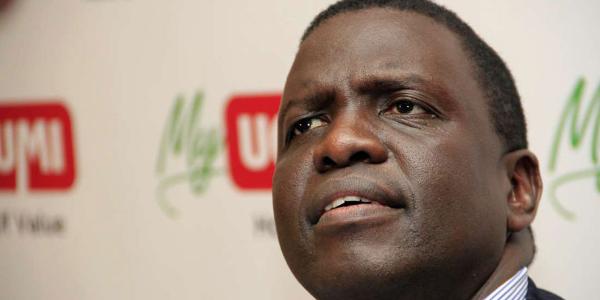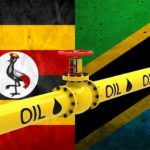The government should fairly compensate landowners affected by a pipeline that will transport oil to an Indian Ocean port after accusations that some people reimbursed for earlier public projects were left worse-off, Oxfam International has said.
The London-based charity said it’s concerned that “community participation, livelihoods and land rights could be overlooked in a quest to meet the schedule for land acquisition” for the 1,445km conduit that will link Uganda’s western oil fields with Tanga in Tanzania.
Oil giant Total, China’s CNOOC and London-based Tullow Oil are developing Uganda’s estimated 6.5-billion barrels of oil resources, with the planned pipeline crossing eight districts and 296km in the country.
“Oxfam is interested in seeing that extractives projects benefit host communities and that governments and citizens in resource-rich countries get a fair share of their natural resource wealth,” Gerald Byarugaba, extractive industries co-ordinator at the charity’s Ugandan office, said. “Available information points to some irregularities that left some project-affected persons worse-off,” he said, referring to earlier government projects, without identifying them.
Oxfam said there isn’t yet an estimate for how many people will be affected, although the government plans to secure the land by June 2018.
Lands minister, Amongi Betty Ongom, didn’t answer calls, while energy minister, Irene Muloni’s phone was switched off when Bloomberg sought comment.
The pipeline, estimated to cost $3.55bn, is set for completion by the time oil production begins in Uganda’s western Lake Albertine basin in 2020 and will eventually transport 216,000 barrels per day. Developing the oil industry is part of the East African nation’s plan to achieve middle-income status, the World Bank’s definition for a country with a gross national income per capita between $1,045 and $12,736.
Gulf Interstate Engineering is carrying out a feasibility study on the pipeline, which will be funded through equity and loans by partners in the project, including oil companies. Ahlem Friga-Noy, a Uganda-based spokesperson for the project’s lead sponsor, Total, didn’t respond to an e-mail and phone call seeking comment.
The Africa Institute for Energy Governance, a non-governmental organisation in the capital, Kampala, said on its website that it sued the Ugandan government in 2014 because of allegedly inadequate compensation given to those moved from land on which an oil refinery was planned. It didn’t provide details on the outcome.








